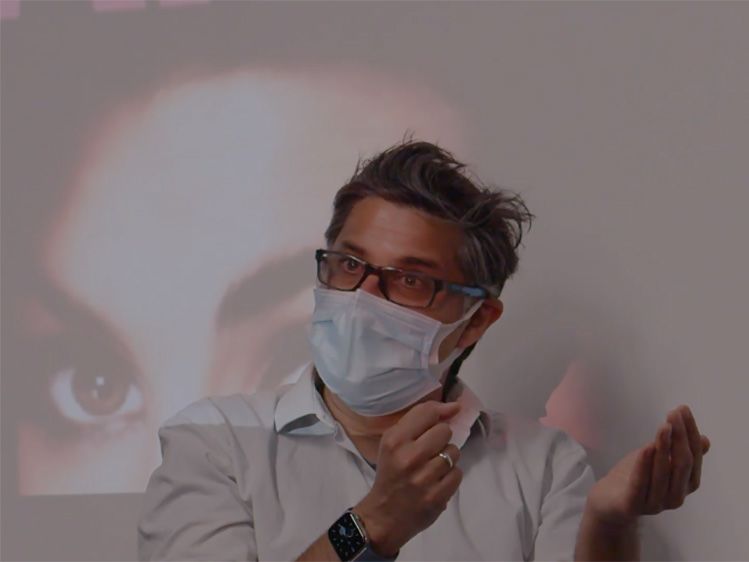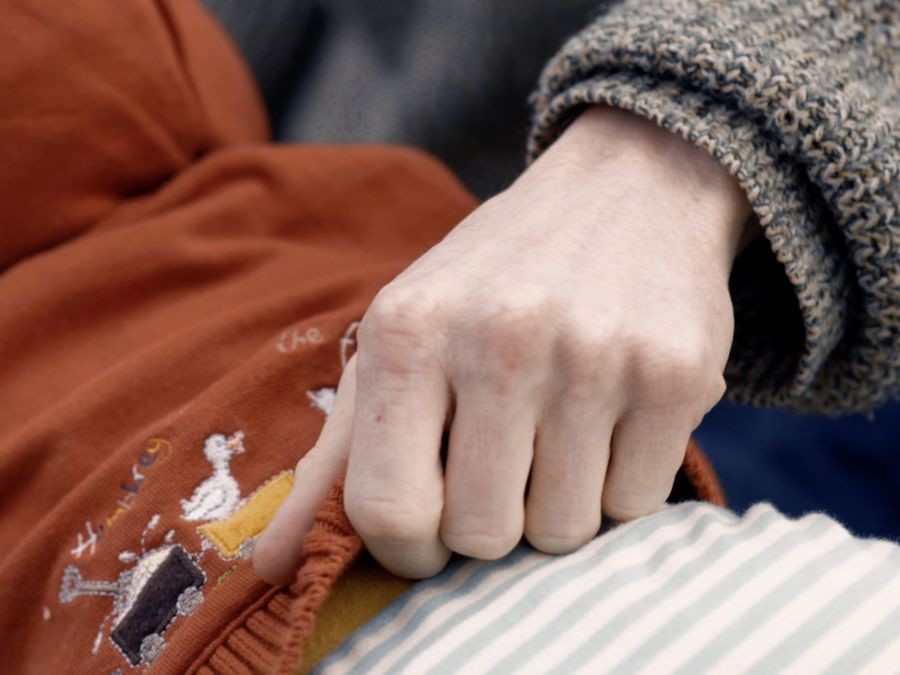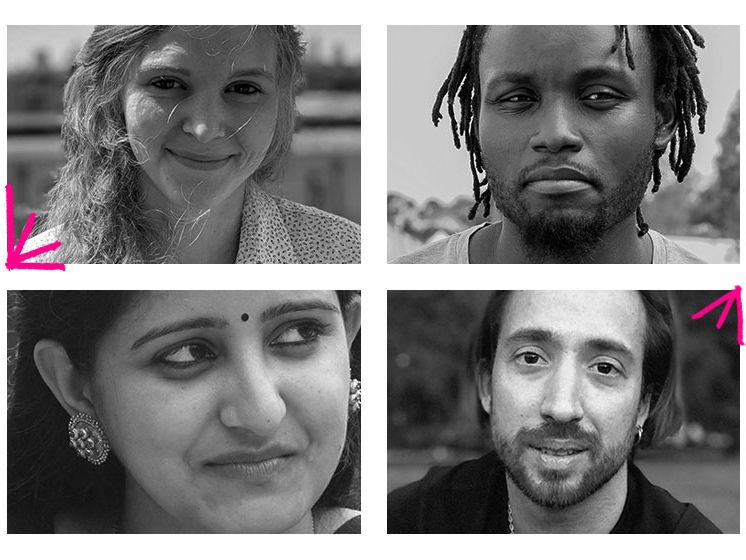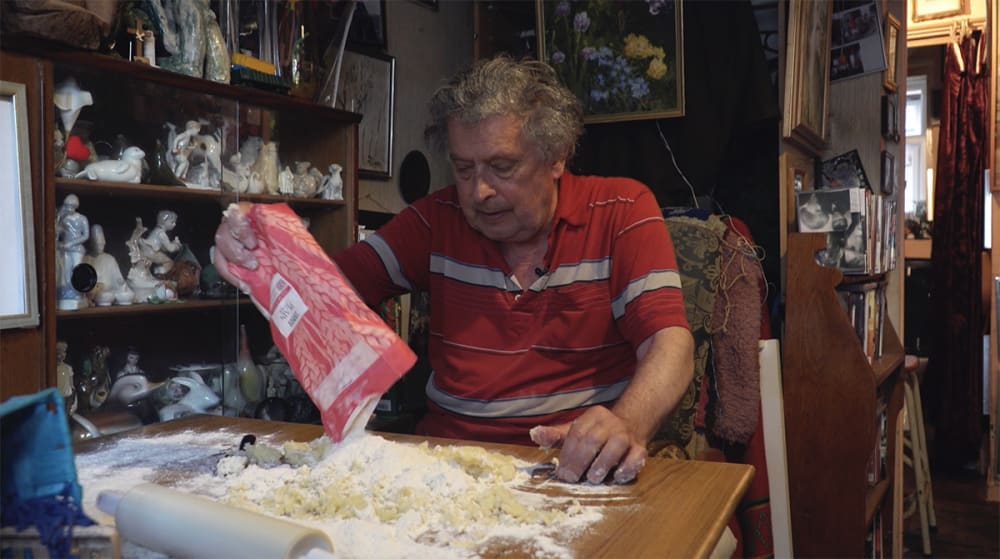
MA Documentary Film graduate recognised at RTS Student Television Awards 2021
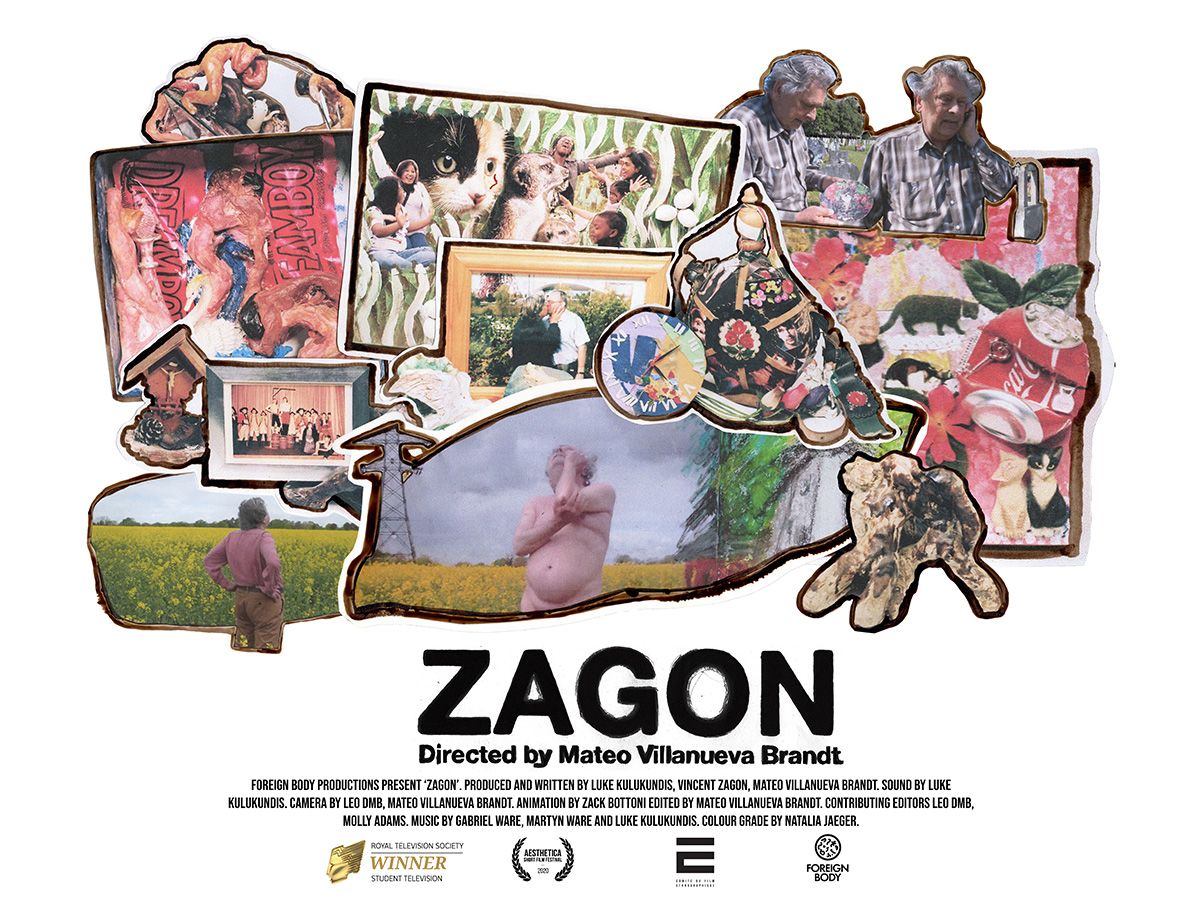
- Written byChloe Murphy
- Published date 04 November 2021

At London College of Communication, our Screen School explores the power of sight and sound through engaging narratives and immersive experiences.
From film and animation to sound arts and games design, there are lots of opportunities for staff and students to share their skills and collaborate in ways that mirror real-world environments. As a result, the work of our students is often recognised by initiatives which celebrate emerging talent across the creative industries.
Earlier this year, MA Documentary Film graduate Mateo Villanueva Brandt gained recognition at the RTS Student Television Awards for his film, Zágon, which won the hotly contested Postgraduate Non-Scripted category. Developed as ‘a portrait of an elderly refugee looking for love and liberation’, it offers a new lease of life to the eponymous Victor Zágon’s artistic practice as his stories are performed, paintings are animated, and – crucially – he’s provided with the kinds of artistic opportunities that have eluded him throughout his life.
Described as ‘brilliant, beautiful, clever, incredibly positive…Very unusual yet very successful...[and] captivating’ by RTS judges, Zágon brings together many key themes that mark Mateo's distinct approach to directing. With a background in social anthropology, he emphasises the importance of participants' agency throughout the filmmaking process, and focuses on developing intimate, immediate work that highlights the humanity behind every story.
Mateo’s success was further complemented this year by an additional LCC nomination for fellow MA Documentary Film graduate Molly Adams in recognition of her film, Bringing Home the Blubber, which follows the journey of a Greenlandic seal hunter through pain, loss and addiction through a life lived on the Arctic Ocean.
Siobhan Greene, Managing Director of 110% Content and Chair of the RTS Student Television Awards, explained that this year's batch of outstanding entries developed within the constraints of a global pandemic demonstrates a bright future for emerging filmmakers and the wider media industry.
“This year, the juries had difficult decisions to make, narrowing down an extensive line-up of entries from all over the UK; even more impressive as many were produced under restricted conditions due to Covid,” she said.
“It's with a real sense of pride that we recognise and celebrate the talent coming into the industry. Our heartfelt congratulations to all the winners.”
We caught up with Mateo about the nuances of working with documentary protagonists, the significance of being recognised by the RTS Awards, and the importance of collaboration in filmmaking.
Zágon | Trailer
Have you always been interested in documentary film, or was it a subject you gravitated to over time?
I used to obsessively watch documentary films and series as a way to procrastinate, and suddenly found myself interested in the form and methods of filmmaking.
There are many specific subjects that drive me, and these are constantly evolving. I've become increasingly interested in why and how we document each other's stories.
Tell us about your creative practice – do you have a particular focus or theme that runs through your work?
I only recently realised that almost all the films I’ve made are about men, or more precisely about masculinity - so maybe this is my unconscious theme.
I also like using as many mediums as I can squeeze in my films. I’m not the most technical filmmaker, so rather than getting things polished, I’ve found that making playful films with unusual setups and plenty of collaborators works best for me.

What inspired Zágon, and how did you develop your initial ideas?
Zágon was inspired almost exclusively by the thoughts, feelings and desires of the man himself. We spent a lot of time talking about his past, present and future, and with the help of my close collaborator, Luke, we carved out a way to make sense of it all.
In essence, I developed and cut the film as we went along. I believe we did around 25 days of shooting, of which we used 7 or 8; thankfully, I’m now a much more efficient filmmaker having had to develop Zágon across a very gruelling edit!
What was your creative process behind the film?
Collaboration was the central idea. I worked very closely with my friend Luke Kulukundis to propose ideas to Zágon who would, in turn, try to turn everything we came up with into a nude, Pasolini-esque religious tableau.
We did a lot of adjusting and renegotiating but always tried to be as honest with each other as possible. Smoke and mirrors; we had our fair share of falling-outs, but Zágon, Luke and I remain best friends.
How did you find out about the RTS opportunity, and how did you get involved?
Mary Davies (Film Festival Coordinator) put me forward, for which I’m deeply grateful. I got an email saying we’d been shortlisted and that was enough success, frankly.
When we watched the ceremony and won, it was incredible - it meant so much to the crew and I, and even though he’s too cool to win, I know it means a huge amount to Zágon too.
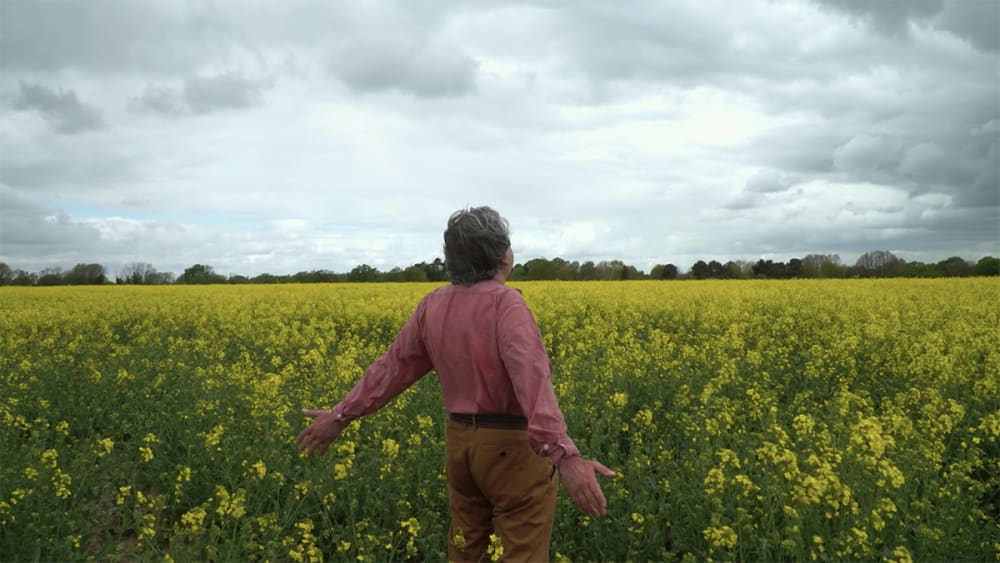
What are your future plans?
Honestly, I’m just trying to stay as busy as possible. I co-run my own video production company, Foreign Body Productions, and also work as the video producer for CIRCA, an online arts platform.
(I think my future plans also include a holiday…)
What were the highlights of your time as a student at LCC?
My tutors, without a doubt.
I also made some really great friends who I’m still working with now.
Do you have any top tips for creatives who may be interested in pursuing documentary film?
Get on with it - get as much advice and help from others as you possibly can. If you can try to be as respectful of everyone’s time commitments as possible, they’ll help you again.
Also, don’t be precious when asking for feedback, and just collaborate with people you feel are talented or are able to do things you can’t.
Related links:
- Find out more about the RTS Student Awards 2021.
- Explore MA Documentary Film at London College of Communication.
- Learn more about our Screen School.
